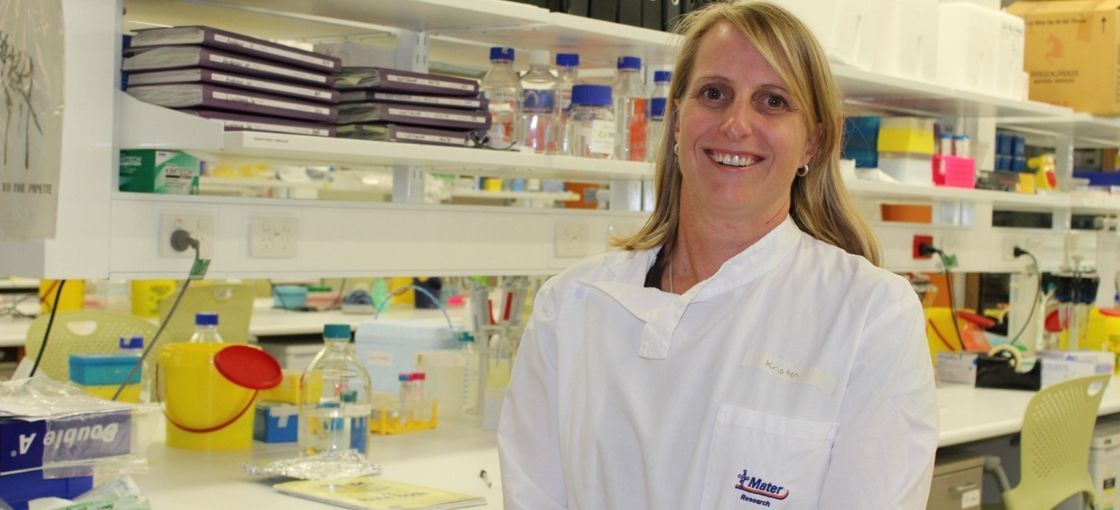Enhancing the response to immunotherapy in melanoma

Supporting Vital Medical Research with Mater Cars for Cancer
By supporting Mater Cars for Cancer lottery, you are also helping to support for vital medical research at Mater Brisbane.
Australia has one of the highest melanoma rates in the world. Almost 14,000 Australians are expected to be diagnosed with melanoma in 2017.*
Surgery can be very effective in early Stage 1 melanoma. And the prognosis is excellent with five-year rates of survival at 90 per cent. Rates drop to nine to 18 per cent for Stage IV metastatic melanoma.
Until recently, chemotherapy was the only treatment available for some Stage III and Stage IV melanoma patients. And it has poor response rates.
Immunotherapy
However, immunotherapy is emerging as a modern success story in the treatment of cancer.
Immunotherapy uses parts of a person’s immune system to fight cancer. It slows its growth and spread, therefore helping the immune system destroy existing cancer cells. This therapy achieves a durable clinical response in a range of cancer types, including melanoma. However, immunotherapy still remains ineffective for at least 60 per cent of this group.
Associate Professor Kristen Radford
Associate Professor Kristen Radford and her team at Mater Research are working to understand why these patients do not respond to immunotherapy. They are investigating the role of a rare specialised white blood cell, the dendritic cell (DC). Dendritic cells come in a variety of types and particular sub-populations drive specific immune responses.
A/Prof Radford has previously pioneered the development of novel methods to isolate and study rare human DC subsets. She has also devoted most of her career to understanding DC biology and developing DC based cancer vaccines. Her early research developed and validated a new DC vaccine for prostate cancer. In addition, she was also a key player in the Phase 1 clinical trial of this therapeutic vaccine.
Melanoma Research
Her melanoma research, Human dendritic cells and their role in anti-cancer immune response in melanoma, aims to investigate the role of dendritic cells in tumour regression. She is also looking to undertake the first comprehensive study of DC sub-populations in melanoma patients both in their peripheral blood, and at their tumour site.
The data collected could be used to find a way to enhance immune responses to a person’s melanoma. This exciting study will move the Mater Research team one step closer to revolutionising melanoma treatment not only in Australia, but around the world.
“I undertook a career in medical research because I am passionate about understanding how our immune response recognises and fights cancer. I’m dedicated to translating basic science knowledge to improving outcomes for cancer patients.”
This research from A/Prof Radford and her team is ultimately targeting the development of a ‘next generation’ vaccination strategy. If successful, a therapeutic vaccine, which treats the cancer rather than preventing it, could be developed. This will activate an anti-cancer immune response in the bodies of all melanoma patients.
We need your support for medical research
Research is the most important tool we have in the fight against some of the major challenges facing healthcare today. Show your support for vital medical research, like Associate Professor Radford’s, by purchasing your Mater Cars for Cancer lottery tickets today.
*Source: melanoma.org.au
